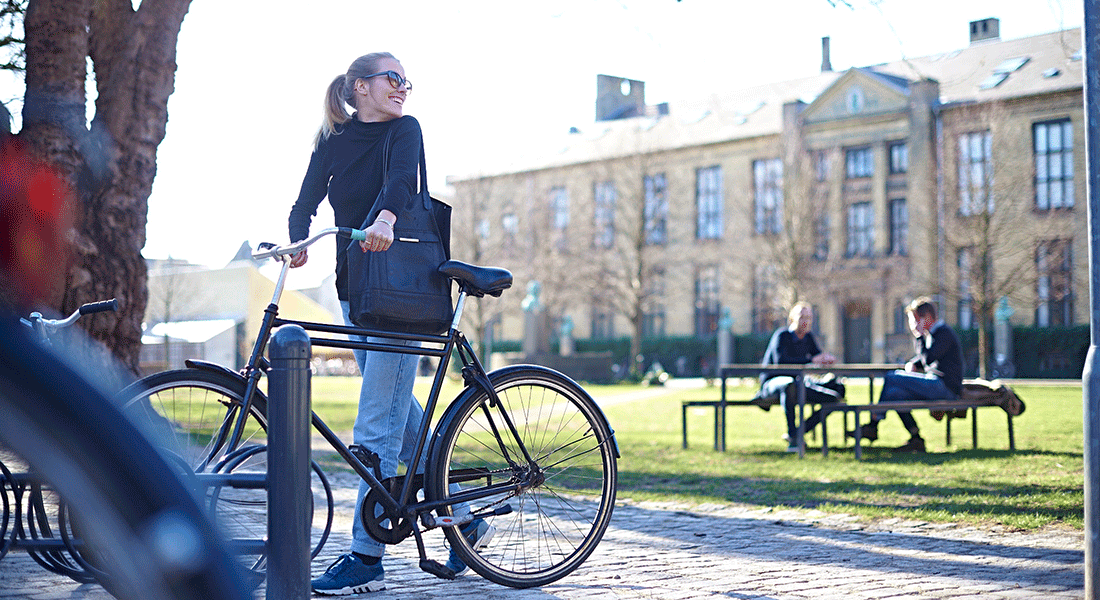Living in Denmark

Housing Foundation Copenhagen is an independent foundation which assists international students and researchers coming to University of Copenhagen with finding accommodation while in Copenhagen. Read about housing services for international students and researchers
When living in Denmark, you are generally covered by the Danish National Health Service, see details below. This means that visits to the doctor and hospitalisation are free. Dental work and eye doctors are partially subsidised, meaning that you have to pay part of the fee yourself. Medicine is not free.
Some students will need to obtain a visa or a residence permit before entering Denmark, some can obtain it upon arrival, and others will not need one.
You might wonder what it is like to live in Denmark as an international student.
Denmark
In brief, Denmark is characterized by being:
- A relatively small country with a population of 5.6 mill., situated in Northern Europe and part of Scandinavia.
- A monarchy since A.D. 900 - one of Europe’s oldest kingdoms.
- A democracy governed by a unicameral parliament ('Folketinget'), 5 regions and 98 local authorities.
- A member of the European Union (EU) but with its own currency: the Danish krone.
- A country with a vibrant and exciting capital: Copenhagen - a modern, clean and safe city with an old, historical city centre, a rich cultural life and an attractive waterfront.
- A modern welfare state with a high standard of living and social security, and free public services which are financed by high taxes.
As an international student, you should note that:
- Danish is the official language, but most Danes speak and write English.
- Living expenses are relatively high - and housing in the Greater Copenhagen Area can be expensive (expect to pay 600-950 Euros per month for a room).
- Tuition is free for EU/EEA-citizens, but required for everyone else.
The Danes
Danes have a reputation of being friendly, liberal and open-minded. Danes also have a reputation of being a little reserved, but most Danes will be happy to help you and to practise their English.
Family and friends play an important role in Danes’ social network. The home is a central concept in the life of a Dane – socialising often involves inviting family and friends to informal get-togethers, lunches and dinners, and Danes put a lot of effort into making their homes “hyggelige” – cosy.
Wintertime focuses on in-door activities, but come spring and summer, Danes will rush out to enjoy any little ray of sunshine in firm conviction that sunshine means hot weather, and most of the time is spent outdoors in parks, outdoor cafés or at the beach.
Danish students are usually in their early twenties when they start their university studies. Many students have taken a year, or maybe two, off after completing upper secondary school and have spent time travelling or working. Student life focuses on studies, family, friends and often a part time job. Many students live in residence halls outside the campus area, and even more live around Copenhagen in shared apartments.
